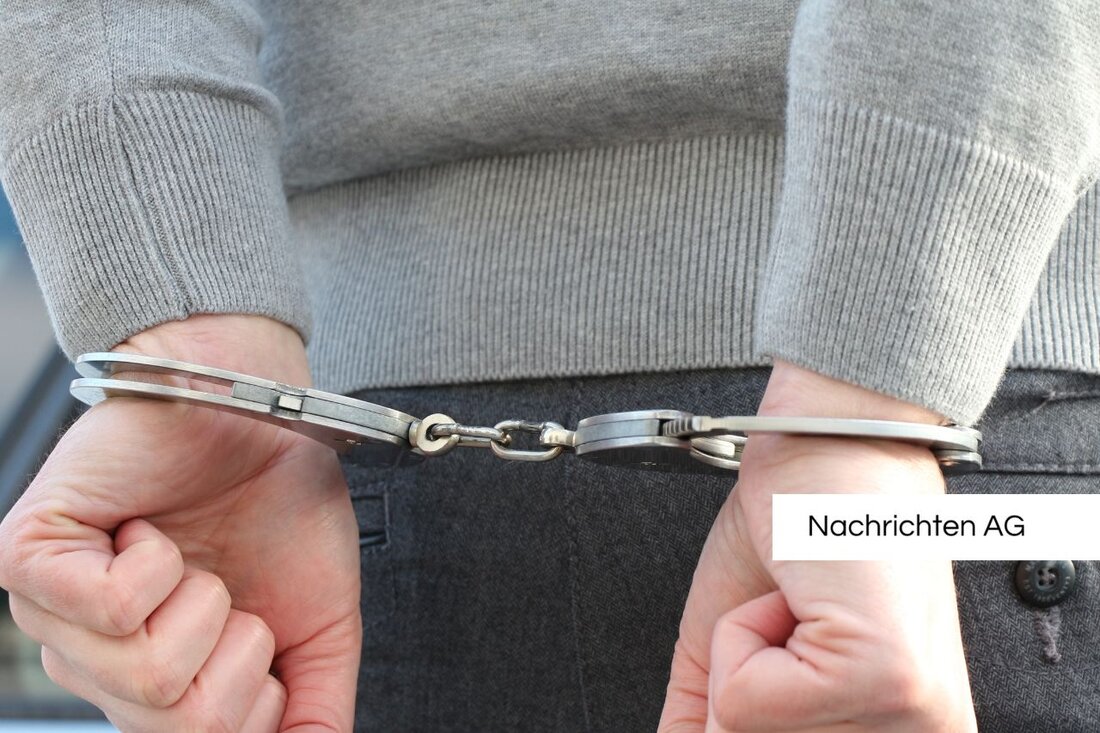Stumbling blocks at Eigelstein: Memory of the Kaufhold brothers and their suffering
Stumbling blocks for the Kaufhold brothers were laid at the Eigelstein in Cologne to commemorate their fate during the Holocaust.

Stumbling blocks at Eigelstein: Memory of the Kaufhold brothers and their suffering
On June 30, 2025, it was an emotional day at the Eigelstein in Cologne. The laying of the Stolperstein for the brothers Karl and Toni Kaufhold brought music and memories together. The well-known rapper Retrogott did not miss the opportunity to make an emotional contribution to the laying of the memorial stones with his song “Andenken”. The lyrics of the song, dedicated to his own father, who led a painful life as a half-Jewish Holocaust survivor, reinforced the meaning of the event.
The stumbling blocks, installed at Eigelstein 54-56, are a reminder of the shocking fate of the two brothers. Karl Kaufhold, born on June 24, 1908 in Düsseldorf-Eller, was declared a “first-degree half-breed” and lived in constant fear of arrest. In fact, this happened on August 24, 1943, when he was arrested in his apartment. After his arrest in the EL DE house, he was deported to Buchenwald, where he had to do forced labor. These circumstances ruined his health.
The fate of Toni Kaufhold
His brother, Toni Kaufhold, born on September 8, 1914, was arrested in Cologne that same year in the summer of 1943. He was considered gay and was persecuted under the infamous Paragraph 175 of the Criminal Code. He was also deported - first to Natzweiler and later to Ravensbrück. Both brothers experienced unimaginable suffering under the Nazi regime until they were finally liberated by the Americans.
The laying of the Stolperstein was part of a larger commemoration that highlighted the suffering of Holocaust survivors. The initiator was Roland Kaufhold, Karl's grandson, who initiated the relocation together with Reinhold Goss and the Eigelstein Citizens' Association. Interestingly, it was not Gunter Demnig himself who laid the stones, but city employees who took on this important task.
Remembering the past
Especially in the context of Stolpersteine, which are installed in over 1,100 locations in 17 European countries, it becomes clear how far-reaching the culture of remembrance surrounding the Holocaust is. In total, there are more than 45,000 stumbling blocks in Europe, which are located at the last places of residence of Holocaust victims. Each plaque tells the story of an individual and reminds us not to forget. Gunter Demnig, the artist who launched this initiative, wants to bring the names of the millions of victims back into people's consciousness.
- Stolpersteine sind aus Messing und sicher im Boden verankert.
- In Berlin beispielsweise finden sich über 5.000 Stolpersteine.
- Jeder Stein enthält den Namen des Opfers sowie relevante Daten zu Geburts- und Todesdatum.
In addition to the stumbling blocks, there were also reports on the impact of the Shoah on future generations by Anna Sodki. Their impressions made it clear how important it is to remember the shadows of the past. At the same time, the “Run for Their Lives” initiative was mentioned, which commemorates 53 imprisoned hostages through memorial walks – including eight Germans.
Every Sunday at 3:30 p.m. a group from Cologne, which includes Roland Kaufhold, takes a walk in the green belt to raise awareness of these issues. Reinhold Goss emphasized the importance of commitment to democratic values and warned of a possible loss of freedoms and human rights.
The laying of the Stolperstein at Eigelstein was not only an act of remembrance, but also a call to engage with history and to preserve human rights in today's world. In this way, the memory of Karl and Toni Kaufhold remains alive - and with it the reminder that forgetting is out of the question.

 Suche
Suche
 Mein Konto
Mein Konto